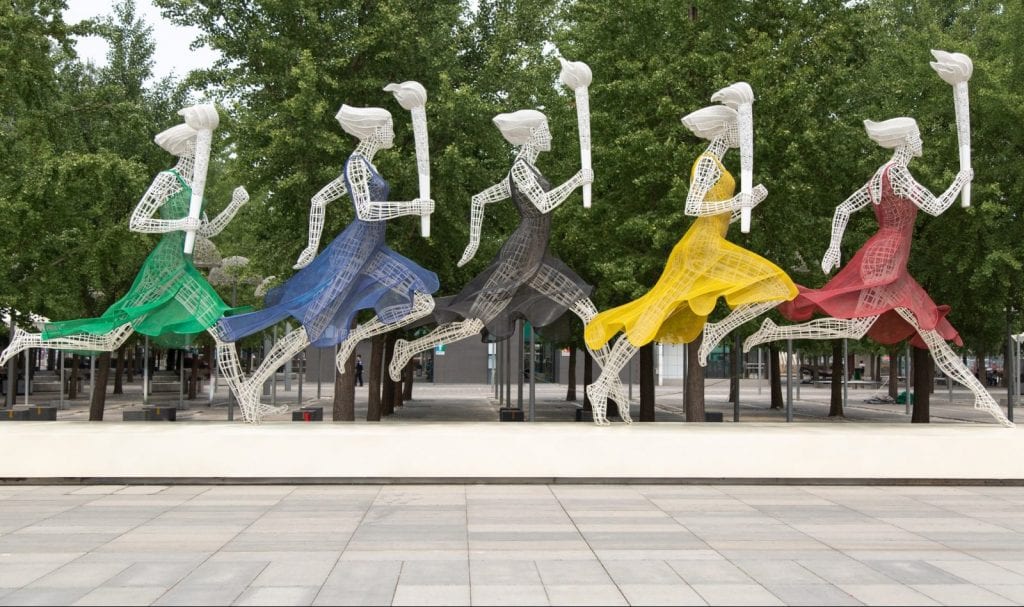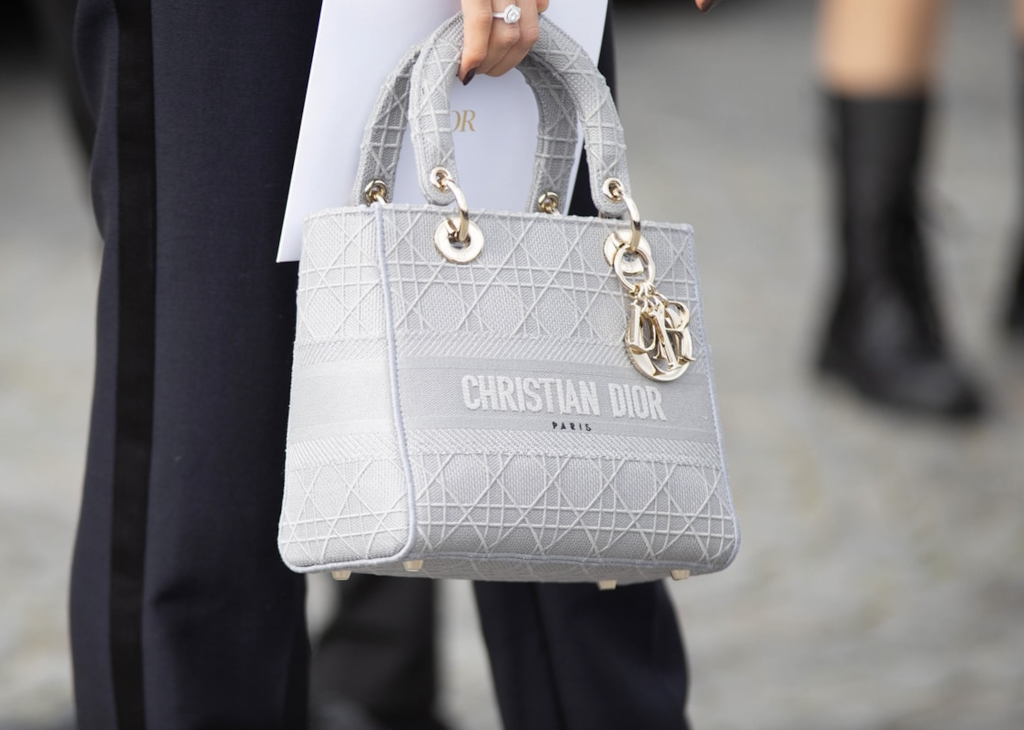In the midst of investigating Starbucks, Apple, Amazon, and Fiat in 2019 for allegedly “setting up complex structures that unduly reduce their taxable profits, giving them an unfair advantage over competitors,” which resulted in the respective companies turning over between $26.6 million and $16.5 billion in unpaid taxes to the European Union (subject, of course, to appeals in some cases), the European Commission turned its attention to Nike’s tax activities, as well, questioning whether international arms of the Beaverton, Oregon-based sportswear behemoth failed to pay millions of euros in unpaid taxes.
The European Commission revealed in January 2019 that it had opened “an in-depth investigation to examine whether tax rulings granted by the Netherlands to Nike may have given the company an unfair advantage over its competitors, in breach of EU State aid rules.” In particular, the Commission – the EU agency tasked with proposing legislation, implementing decisions, upholding the EU treaties and managing the day-to-day business of the EU – asserted that its formal investigation “concerns the tax treatment in the Netherlands of two Nike group companies based in the Netherlands, Nike European Operations Netherlands BV and Converse Netherlands BV,” which develop, market and record the sales of Nike and Converse products in Europe, the Middle East and Africa.
The specific basis for the Commission’s probe? Five tax rulings issued by Dutch tax authorities between 2006 and 2015, which spotlighted “a method [that Nike’s Netherlands-based subsidiaries] used to calculate the royalties” to be paid to Nike – by way of a subsidiary in Bermuda, which does not maintain a corporate income tax – for their use of Nike intellectual property, including the company’s brand name, famed Swoosh logo, and various other trademark and patent-protected assets.
Because those royalties were categorized as business expenses, Nike was able – thanks to the aforementioned tax authority decisions – to pay less tax than other competitors, thereby, giving rise to instances of Nike receiving illegal state aid, according to the Commission.
“Member States should not allow companies to set up complex structures that unduly reduce their taxable profits and give them an unfair advantage over competitors,” EU Competition Commissioner Margrethe Vestager said when the probe was first announced in 2019. Meanwhile, in response to the probe Nike asserted that it is “subject to and rigorously ensures that it complies with all the same tax laws as other companies operating in the Netherlands,” and characterized the investigation as “without merit.”
Fast forward to this month, and Nike is pushing back against the Commission’s preliminary assessment of its tax dealings in the latest round of the matter. In a filing with the European General Court, as first reported by Reuters, counsel for Nike argues that the Commission has failed to cite “sufficient reasons for finding that the contested measures fulfil all elements of state aid, especially why they should be regarded as selective,” while also unnecessarily escalating the proceedings to a formal investigation when “there were no difficulties to continue the preliminary investigation.”
Hardly the first time that it has probed “multinationals’ sweetheart tax deals with EU countries giving them an unfair advantage,” the Commission has taken on a number of companies – from Apple and Amazon to Starbucks and Fiat in furtherance of its ability to examine whether tax rulings by EU member states result in state aid – or a reduction of the company’s tax burden that would not otherwise existed but for the ruling.
While the European Commission “does not have direct authority over national direct tax systems,” according to Pinsent Masons LLP partner Catherine Robins, it “can investigate whether advantageous fiscal regimes or rulings given to particular companies would be prohibited under its state aid rules,” with such rules aimed at “preventing the distortion of competition when national governments grant advantages or incentives to particular companies, which are not available to all.”
In order the show such alleged state aid, the Commission must establish that: (1) the aid was granted by a Member State or through State resources; (2) it gives an advantage to the beneficiary; (3) the advantage is selective (i.e., that is not available to companies in a comparable situation); and (4) it distorts or threatens to distort competition and affects trade between EU Member States.
The General Court’s decisions in these cases have not exactly been uniform. As McCann FitzGerald lawyers Laura Treacy, Philip Andrews, Alan Heuston, and Ciarán Donohue stated this summer, “The Commission’s decision in Fiat was upheld,” but the General Court found that the Commission “had not proven the existence of an economic advantage in the Starbucks case.” Specifically, the Court held that it was “not enough for the Commission to show that the Netherlands [tax authority] has made methodological errors in determining the tax liability of Starbucks, or had used a methodology for the application of the arm’s-length principle that did not accord with the Commission’s preference.”
Instead, the court held that the Commission was required to show that “the method used leads to a reduction in the taxable profit compared with the tax burden arising from the normal tax rules.” As a result, the Court decision’s highlights “the high evidential burden borne by the Commission in proving that a tax ruling results in an economic advantage.”
At the same time, Treacy, Andrews, Heuston, and Donohue state that the “key” takeaway in the General Court’s decision in the Apple case again centers on “the high standard of proof required in order to demonstrate the existence of an economic advantage.” They note that “failures or defects in the Member State’s determination of an operator’s tax liability, however serious will not relieve the Commission of its evidential burden to prove that an economic advantage has, in fact, accrued to the beneficiary.”
Reuters reports that judges are expected to rule on Nike’s challenge to the Commission’s investigation “in the coming months.” Should the Commission ultimately find that the Netherlands’ tax rulings did, in fact, result in state aid for Nike, the sportswear giant could be on the hook for millions of dollars in unlawful relief.
*The case is Nike European Operations Netherlands et Converse Netherlands v. European Commission, T-648/19.











